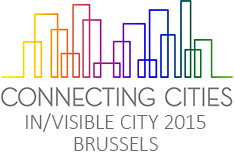False Positive

Un projet de Mark Shepard, Julian Oliver, Moritz Stefaner
Chez candygram, vous êtes bien plus qu'un numéro.
Marre d'être juste un client anonyme ? Candygram vous souhaite la bienvenue.
Nous apprenons à connaître nos clients personnellement. Nous vous connaissons probablement bien mieux que vous ne le croyez.
candygram - let's get personal ®
Ce n'est pas uniquement la confiance que nous plaçons dans l'infrastructure réseau qui nous rend vulnérables, mais aussi notre empressement à troquer nos informations personnelles pour accéder à des services en ligne. Les données occupent une place de plus en plus importantes dans nos vies quotidiennes, et leur surveillance s’avère plus robuste et répandue que beaucoup ne l'avaient imaginé. Avec les révélations des activités de collecte et d'analyse de nos communications par la NSA, et la prolifération des stratégies marketing qui utilisent le profilage et l'analyse prédictive, de nouvelles questions émergent quant à nos transactions quotidiennes de données, et aux relations et inférences qui peuvent en être déduites.
Piégés entre ruses et malveillance, nous sommes sujets à des formes de profilage en ligne et hors-ligne toujours plus sophistiquées. Notre futur verra sans doute la multiplication des portraits numériques générés algorithmiquement, qui s'avéreront bien vite sujets aux erreurs.
FALSE POSITIVE sonde à la fois l'insécurité des réseaux mobiles, et la faillibilité du profilage online, en rendant visible les politiques infrastructurelles qui sous-tendent nos système de communications mobiles, ainsi que les pratiques sournoises des régimes informatiques contemporains. Le projet veut promouvoir l'éducation du public au caractère sensible de nos transactions de données, de ce qu'elle peuvent – et ne peuvent pas – révéler à notre sujet.
Par le biais de SMS, d'une infrastructure parallèle secrète, d'interventions dans l'espace public et de visualisation de données, FALSE POSITIVE va mettre en scène un scénario conspirationniste autour de la surveillance, impliquant le public dans une conversation intimiste et techno-politique avec les technologies mobiles dont nous dépendons tous.
Mettant en jeu les processus subtils qui permettent l’exploitation de données personnelles, et générant des “data-portraits” à partir des association sociales et spatiales déduites de ces données, FALSE POSITIVE sonde les zones d’ombre du consentement personnel et des probabilités statistiques qui établissent des associations spéculatives en réalité erronées.
Workshop
Join us on Sunday 4 October for a workshop that introduces the various concepts, techniques and methods behind the False Positive project. Topics include an overview of setting up open source cellular networks, working with APIs for data mining and profiling using social media, and designing corporate fictions for social interventions. Take part in a CryptoParty - https://www.cryptoparty.in - where you can learn best practices for digital security, including how to use basic cryptography tools. Interested in working with the Tor anonymity network, public key encryption (PGP/GPG), and OTR (Off The Record messaging)? Bring your mobile phone and/or laptop, and we’ll get you set up and on your way to a more secure online existence.
L'atelier se donne en Anglais. INSCRIPTION OBLIGATOIRE!
À propos des artistes
Mark Shepard is an artist and architect whose work addresses contemporary entanglements of technology and urban life. Recent work includes the Sentient City Survival Kit, a collection of artifacts, spaces and media for survival in the near-future 'sentient' city. It has been exhibited at the 13th Venice International Architecture Biennial; Ars Electronica, Linz, Austria; Transmediale, Berlin Germany, among other venues. His edited book "Sentient City: ubiquitous computing, architecture and the future of urban space" was published by MIT Press and the Architectural League of New York.
Julian Oliver is a New Zealander, Critical Engineer and artist based in Berlin. His work and lectures have been presented at many museums, galleries, international electronic-art events and conferences, including the Tate Modern, Transmediale, the Chaos Computer Congress, Ars Electronica, FILE and the Japan Media Arts Festival. Julian has received several awards, most notably the Golden Nica at Prix Ars Electronica 2011 for the project Newstweek (with Daniil Vasiliev). He is an advocate of Free and Open Source Software and is a supporter of, and contributor to, initiatives that promote and reinforce rights in the networked domain.
Moritz Stefaner works as a "truth and beauty operator" on the crossroads of data visualization, information aesthetics and user interface design. With a background in Cognitive Science and Interface Design, his work balances analytical and aesthetic aspects in mapping abstract and complex phenomena. Recent work includes Selfie City, a project Investigating the style of self-portraits (selfies) in five cities across the world. His work has been exhibited at Venice International Architecture Biennial, SIGGRAPH, Ars Electronica and the Max Planck Science Gallery. In 2010, he was nominated for the Design Award of the Federal Republic of Germany.
Infos Pratiques
False Positive
3 Octobre, 19:00 - 2:00
À côté de MicroMarché (9, Quai à la Houille)
Workshop
4 Octobre, 12:00 - 20:00
iMAL (30 Quai des Charbonnages, Bruxelles)
Gratuit! Incription obligatoire!
Galerie Média <>
View on Youtube 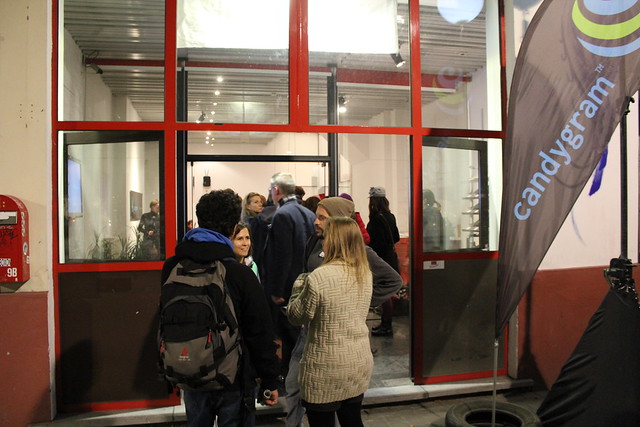
False Positive @ Nuit Blanche 2015. View on Flickr 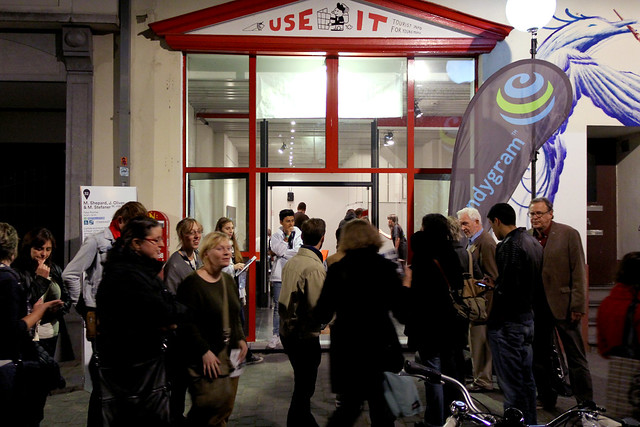
False Positive @ Nuit Blanche 2015. View on Flickr 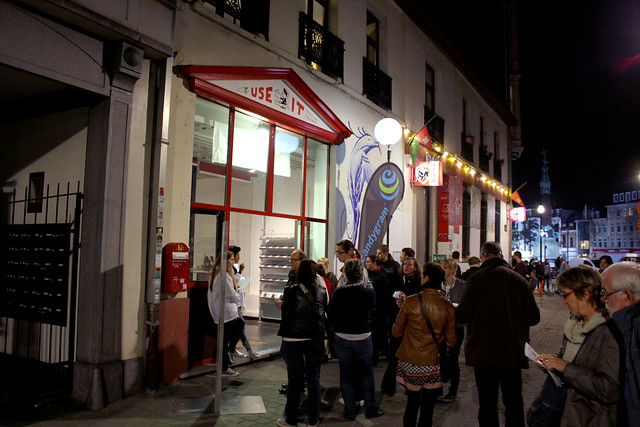
False Positive @ Nuit Blanche 2015. View on Flickr 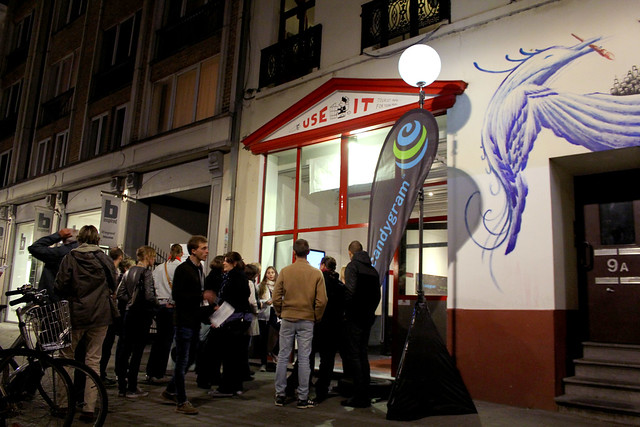
False Positive @ Nuit Blanche 2015. View on Flickr 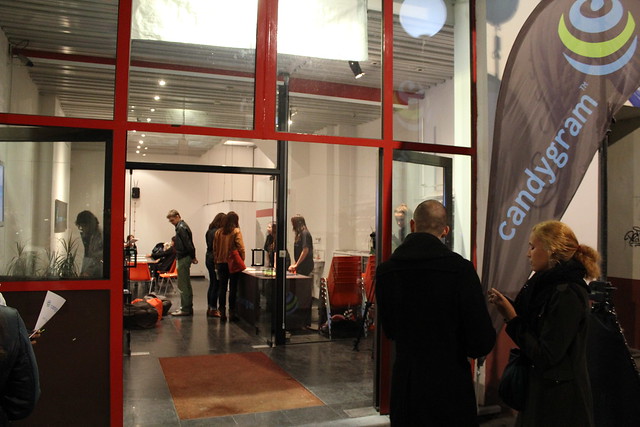
False Positive @ Nuit Blanche 2015. View on Flickr 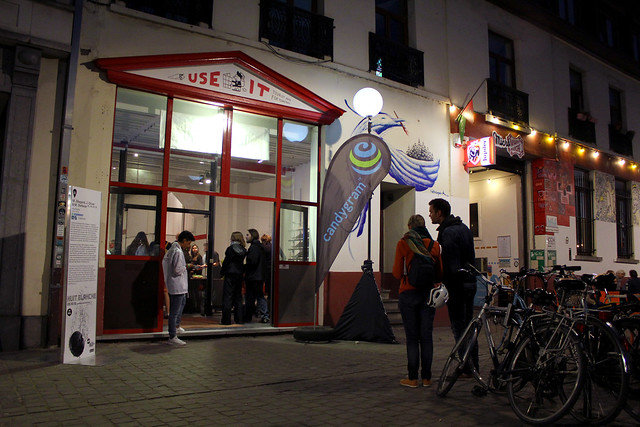
False Positive @ Nuit Blanche 2015. View on Flickr 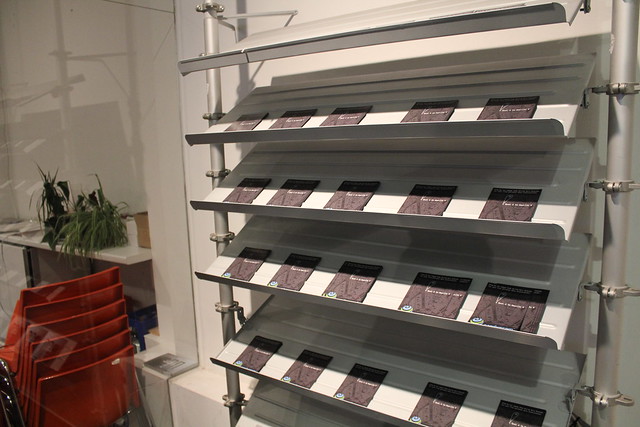
False Positive @ Nuit Blanche 2015. View on Flickr 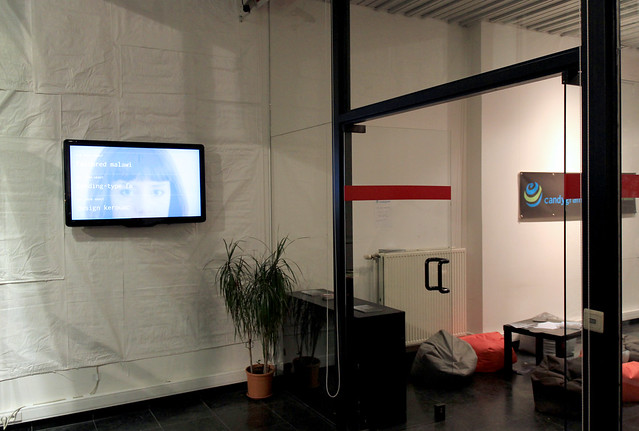
False Positive @ Nuit Blanche 2015. View on Flickr 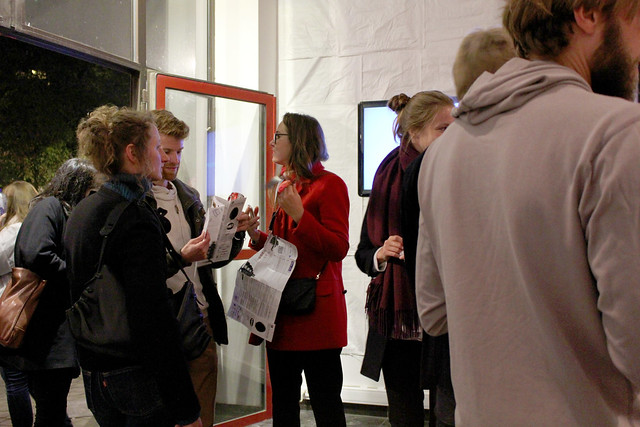
False Positive @ Nuit Blanche 2015. View on Flickr 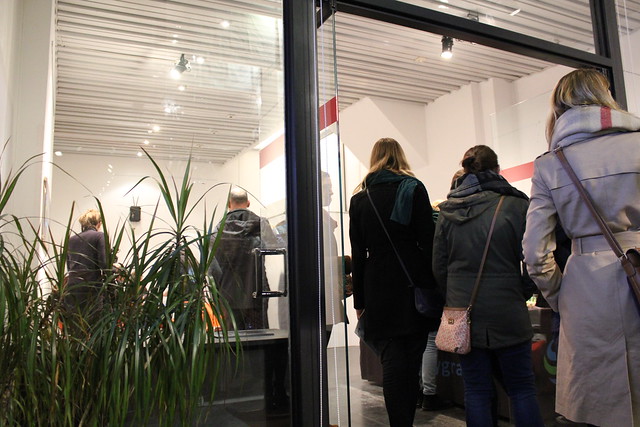
False Positive @ Nuit Blanche 2015. View on Flickr 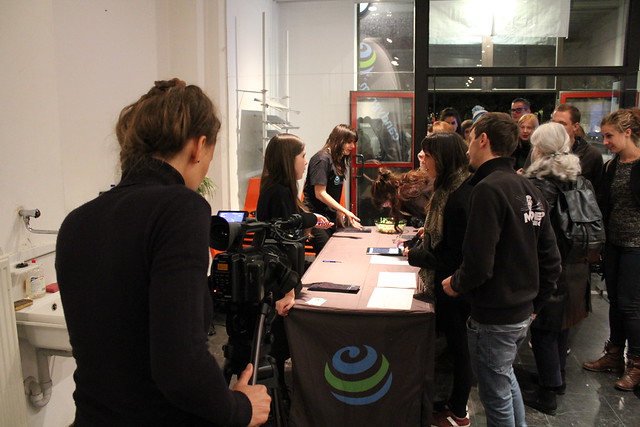
False Positive @ Nuit Blanche 2015. View on Flickr 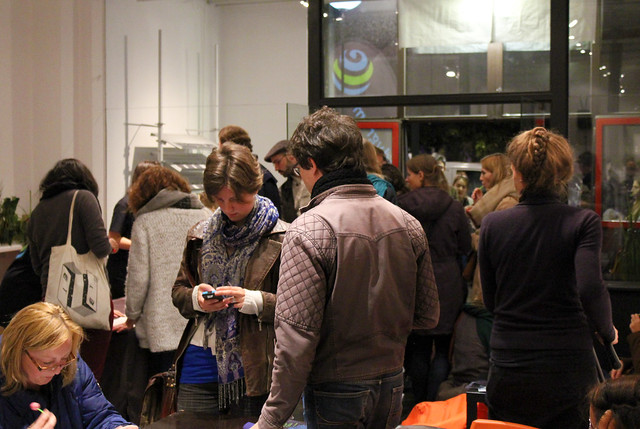
False Positive @ Nuit Blanche 2015. View on Flickr 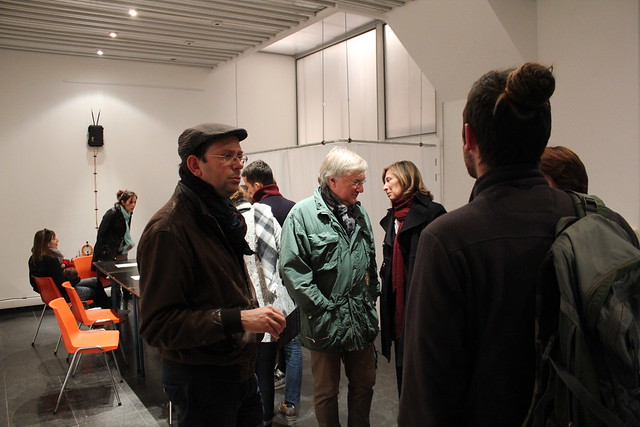
False Positive @ Nuit Blanche 2015. View on Flickr 
False Positive @ Nuit Blanche 2015. View on Flickr 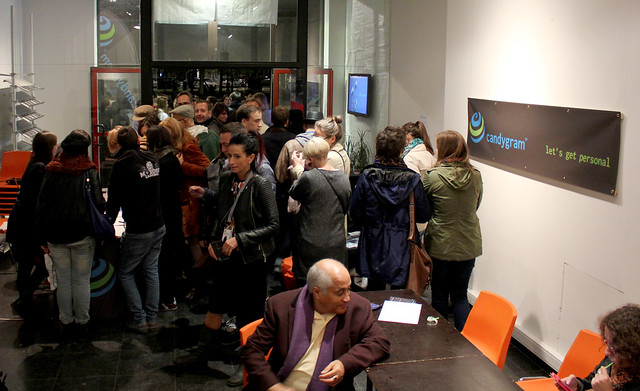
False Positive @ Nuit Blanche 2015. View on Flickr 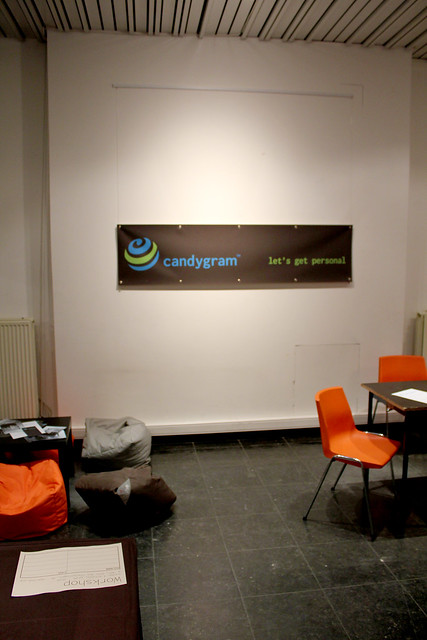
False Positive @ Nuit Blanche 2015. View on Flickr 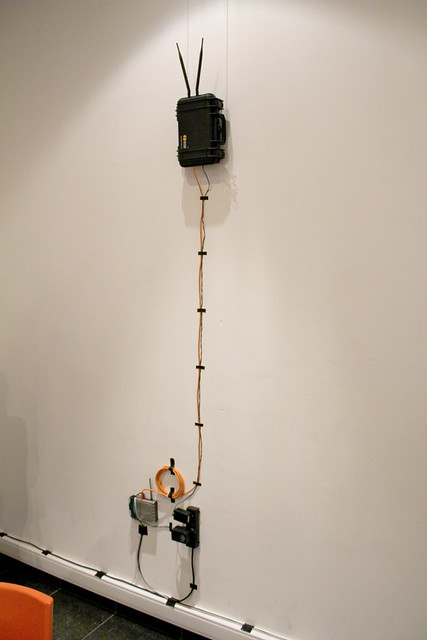
False Positive @ Nuit Blanche 2015. View on Flickr 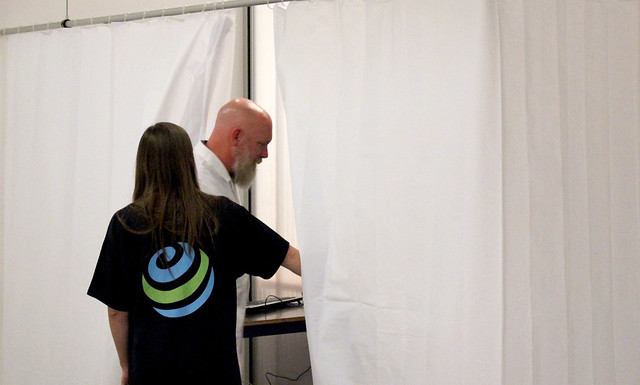
False Positive @ Nuit Blanche 2015. View on Flickr 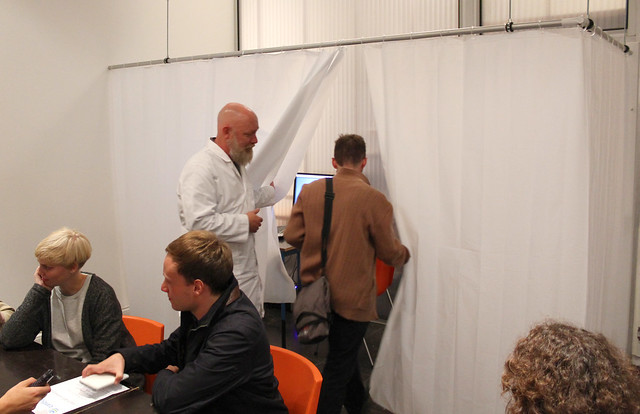
False Positive @ Nuit Blanche 2015. View on Flickr 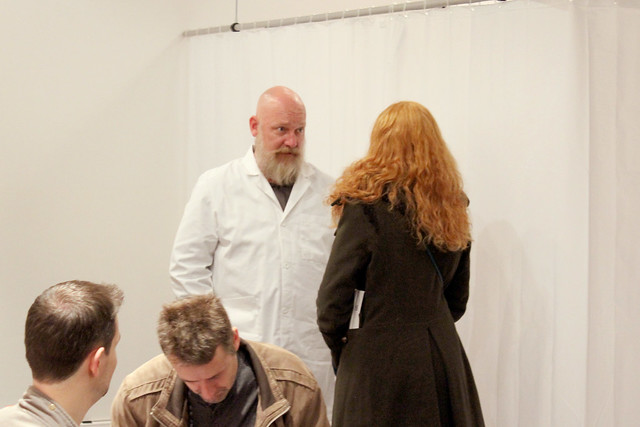
False Positive @ Nuit Blanche 2015. View on Flickr 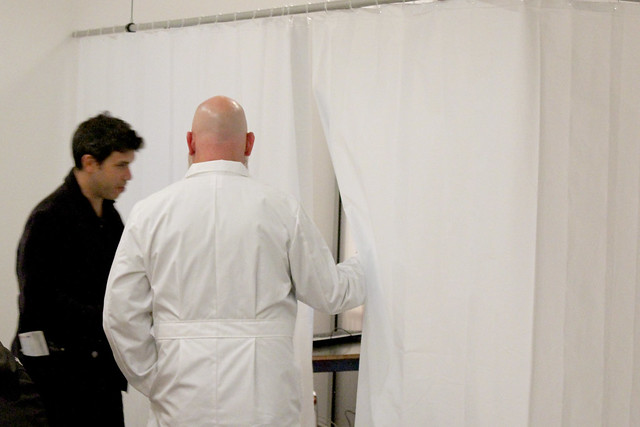
False Positive @ Nuit Blanche 2015. View on Flickr 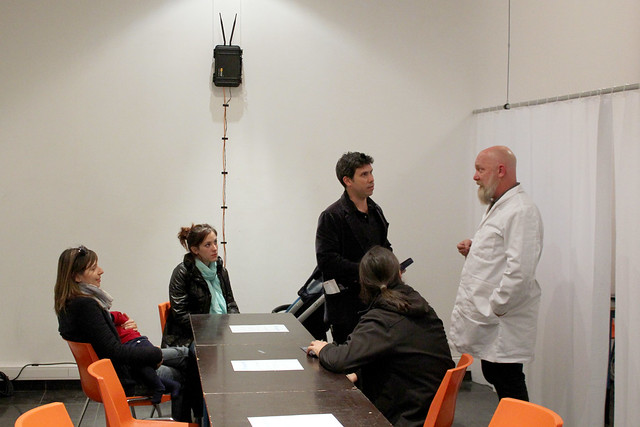
False Positive @ Nuit Blanche 2015. View on Flickr 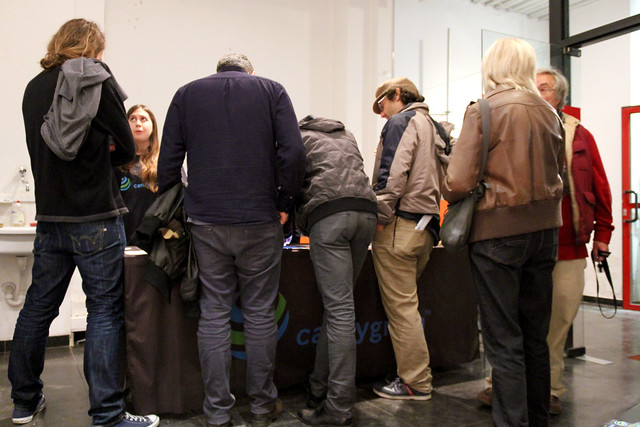
False Positive @ Nuit Blanche 2015. View on Flickr 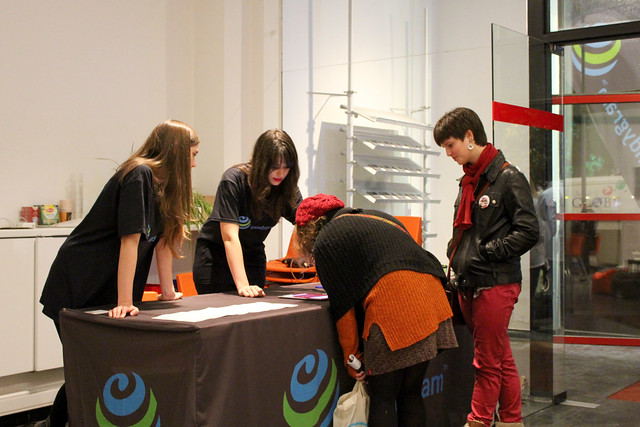
False Positive @ Nuit Blanche 2015. View on Flickr 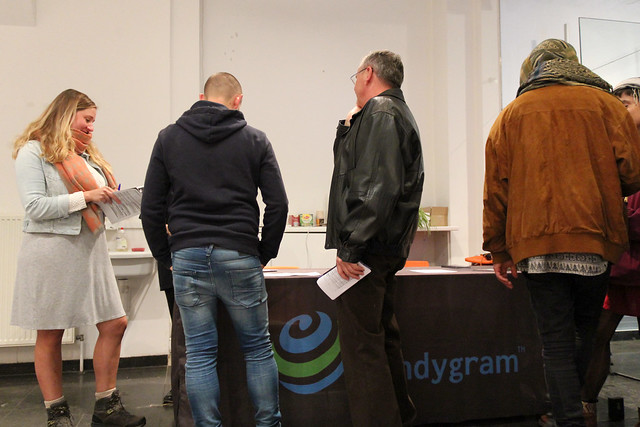
False Positive @ Nuit Blanche 2015. View on Flickr 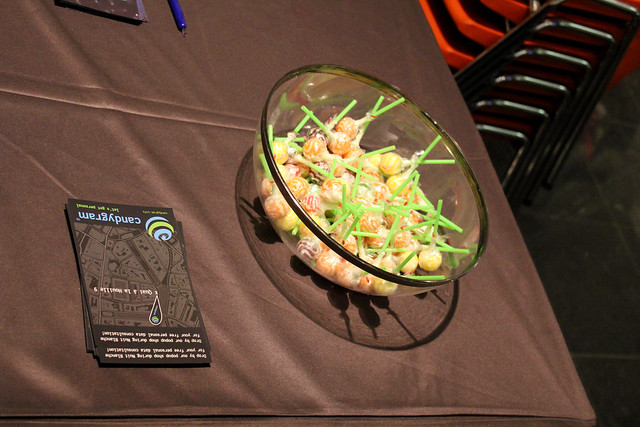
False Positive @ Nuit Blanche 2015. View on Flickr 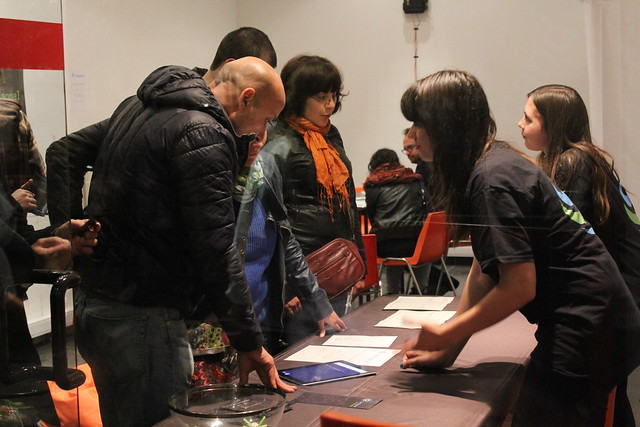
False Positive @ Nuit Blanche 2015. View on Flickr 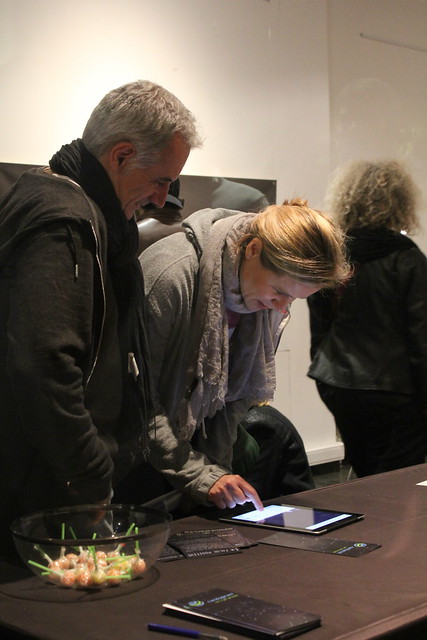
False Positive @ Nuit Blanche 2015. View on Flickr 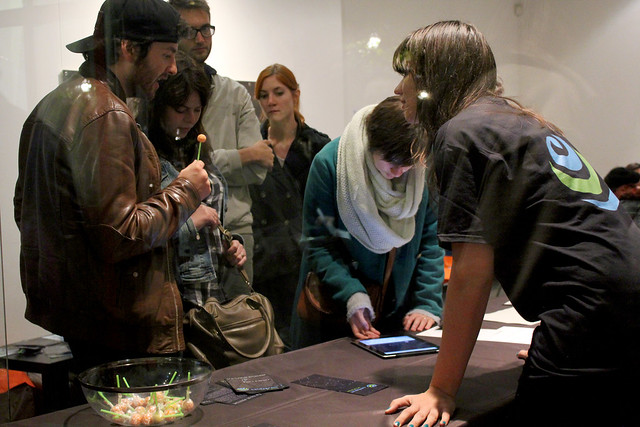
False Positive @ Nuit Blanche 2015. View on Flickr 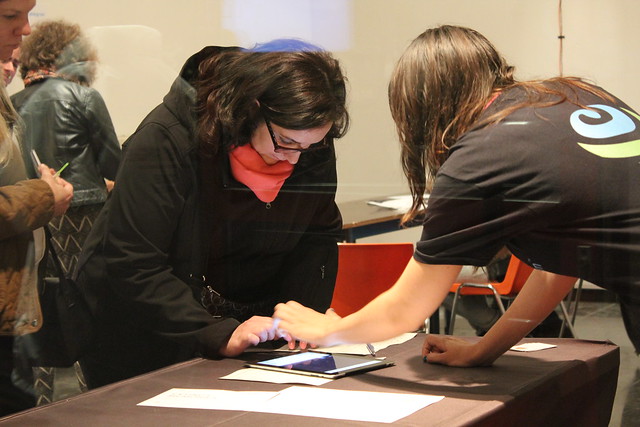
False Positive @ Nuit Blanche 2015. View on Flickr 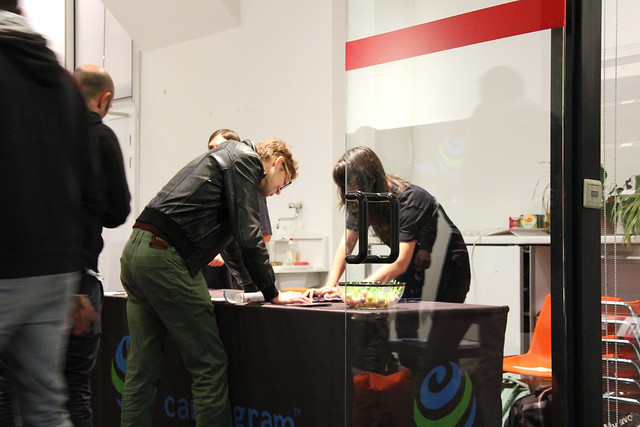
False Positive @ Nuit Blanche 2015. View on Flickr 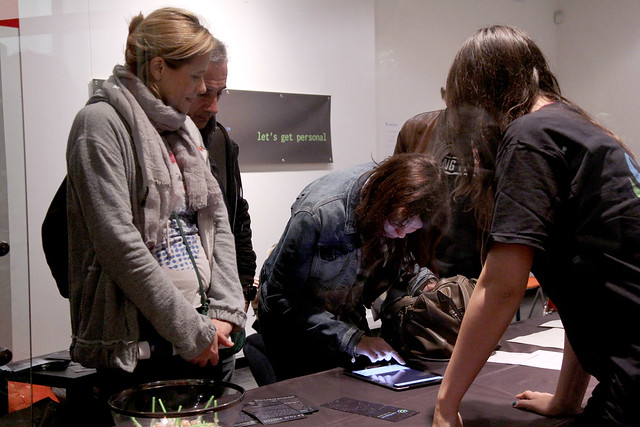
False Positive @ Nuit Blanche 2015. View on Flickr 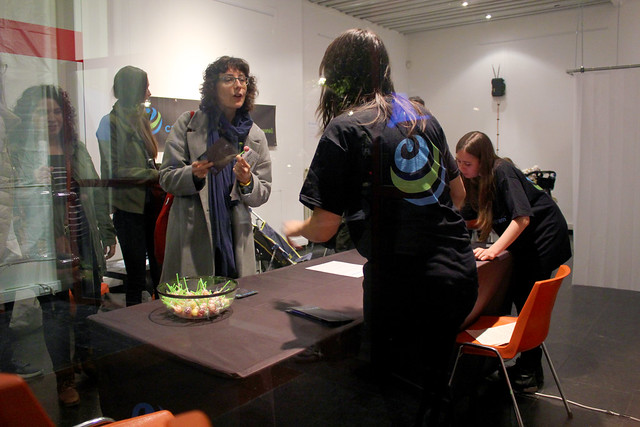
False Positive @ Nuit Blanche 2015. View on Flickr 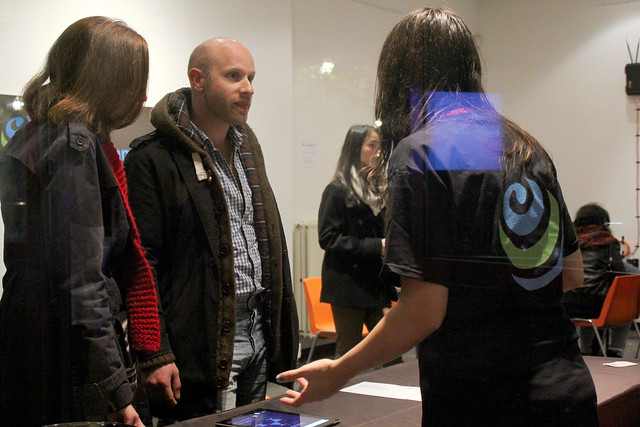
False Positive @ Nuit Blanche 2015. View on Flickr 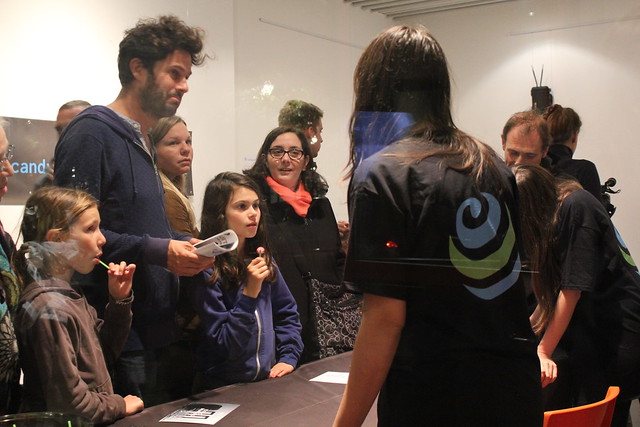
False Positive @ Nuit Blanche 2015. View on Flickr 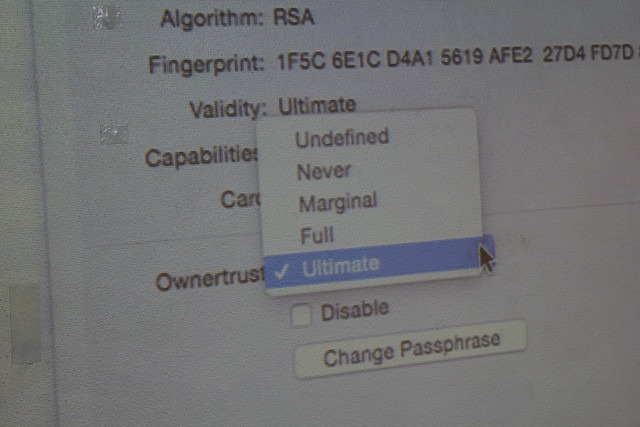
Connecting Cities 2015 - False Positive workshop + Cryptoparty. View on Flickr 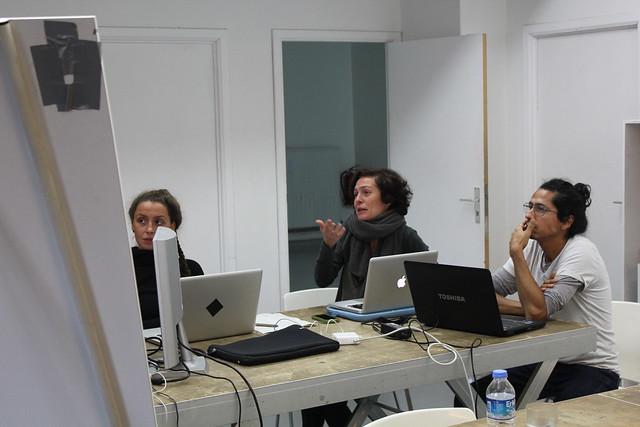
Connecting Cities 2015 - False Positive workshop + Cryptoparty. View on Flickr 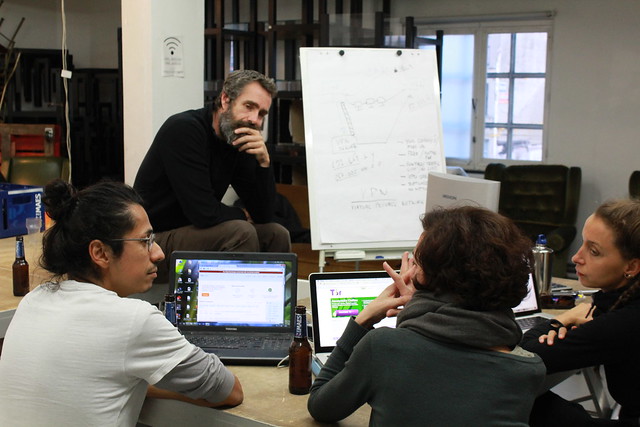
Connecting Cities 2015 - False Positive workshop + Cryptoparty. View on Flickr 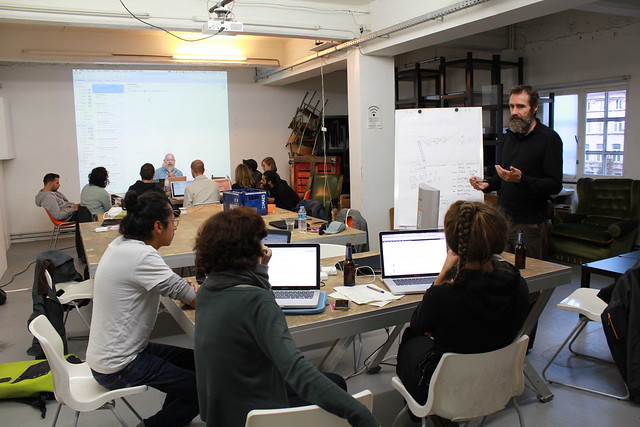
Connecting Cities 2015 - False Positive workshop + Cryptoparty. View on Flickr 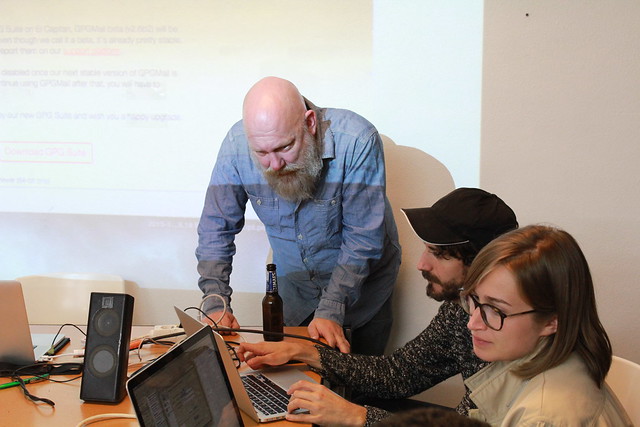
Connecting Cities 2015 - False Positive workshop + Cryptoparty. View on Flickr 
Connecting Cities 2015 - False Positive workshop + Cryptoparty. View on Flickr 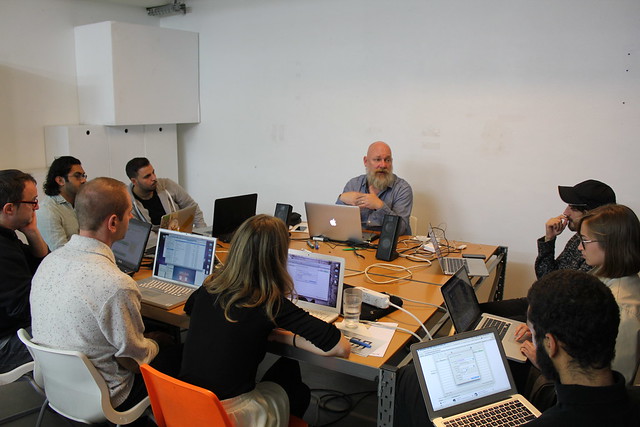
Connecting Cities 2015 - False Positive workshop + Cryptoparty. View on Flickr 
Connecting Cities 2015 - False Positive workshop + Cryptoparty. View on Flickr 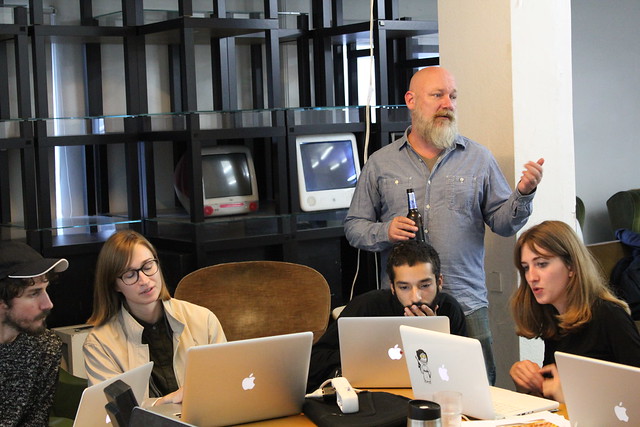
Connecting Cities 2015 - False Positive workshop + Cryptoparty. View on Flickr 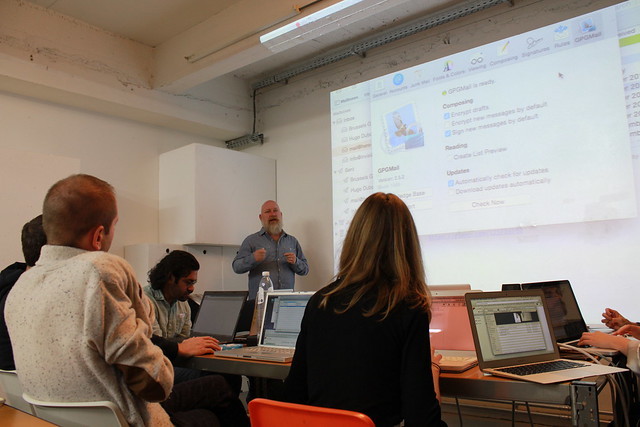
Connecting Cities 2015 - False Positive workshop + Cryptoparty. View on Flickr 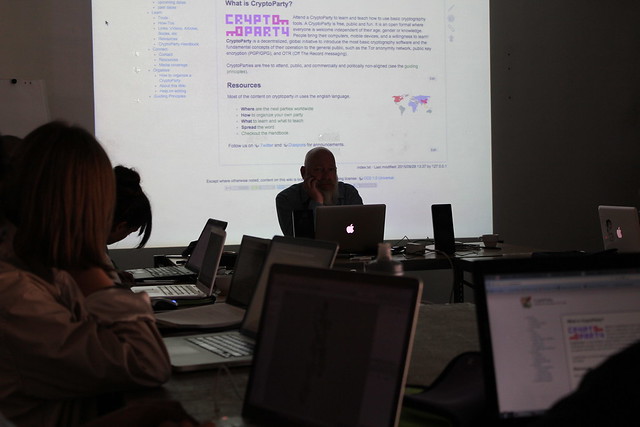
Connecting Cities 2015 - False Positive workshop + Cryptoparty. View on Flickr 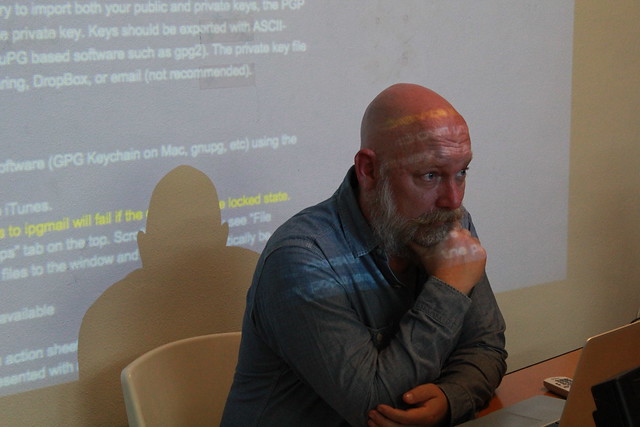
Connecting Cities 2015 - False Positive workshop + Cryptoparty. View on Flickr 
Connecting Cities 2015 - False Positive workshop + Cryptoparty. View on Flickr 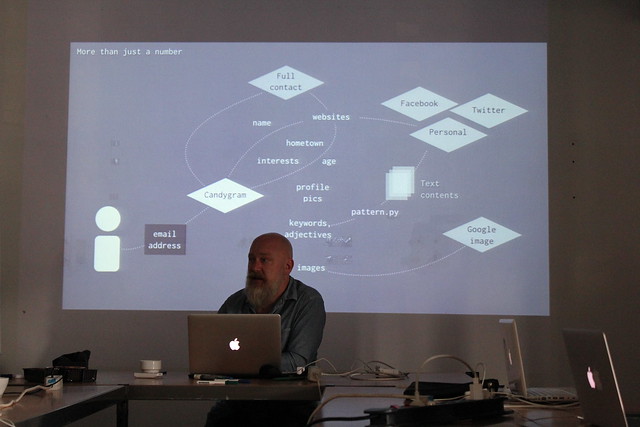
Connecting Cities 2015 - False Positive workshop + Cryptoparty. View on Flickr 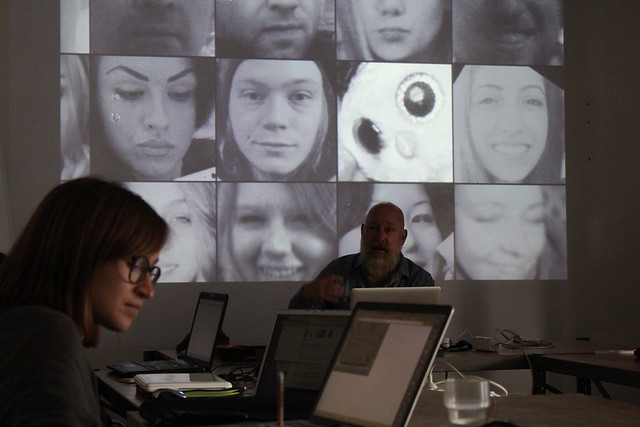
Connecting Cities 2015 - False Positive workshop + Cryptoparty. View on Flickr 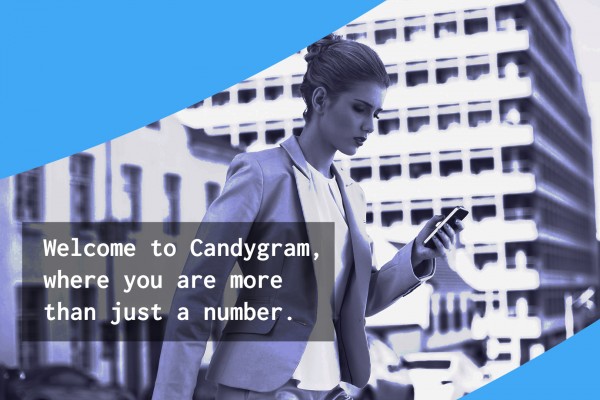
Enlarge 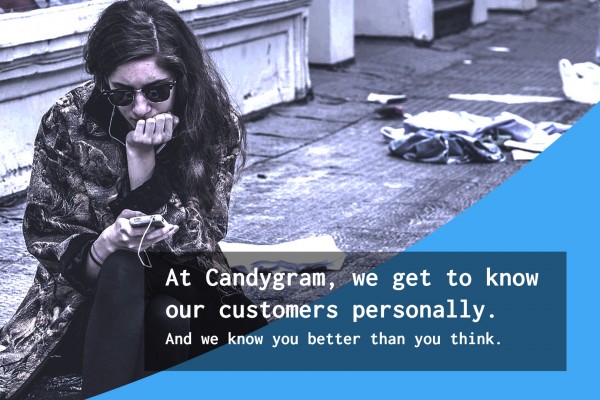
Enlarge 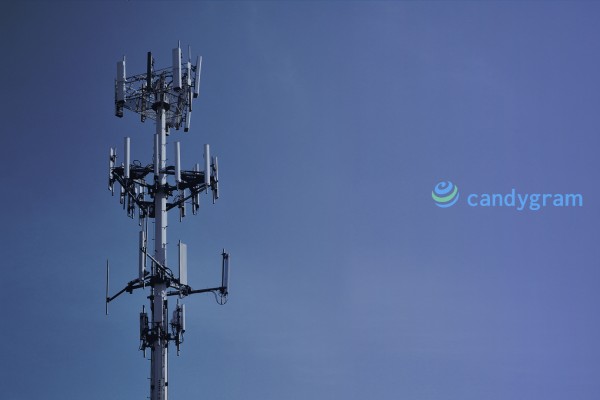
Enlarge 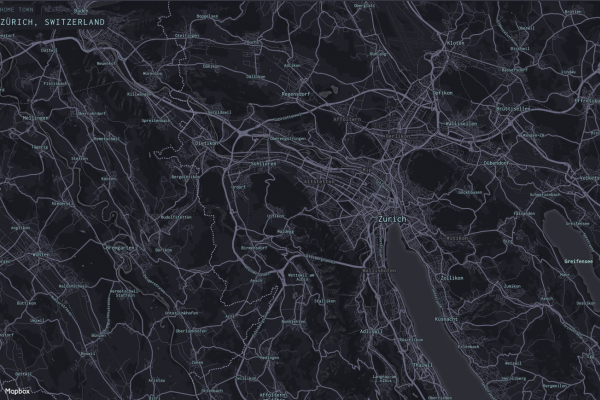
Enlarge 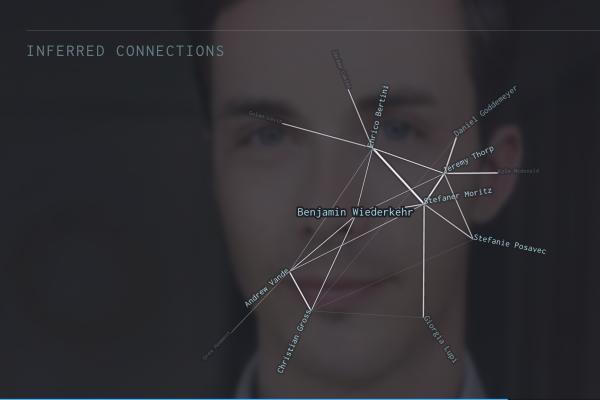
Enlarge 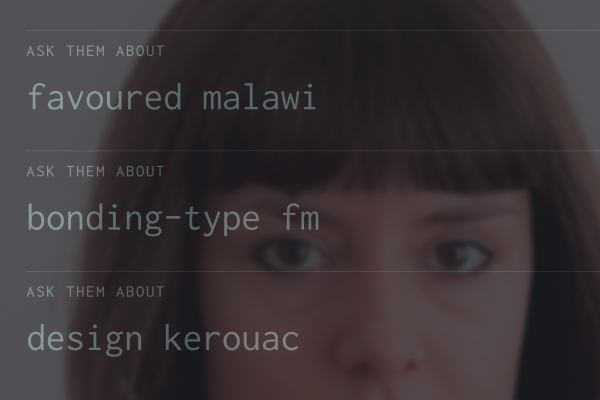
Enlarge 
Enlarge 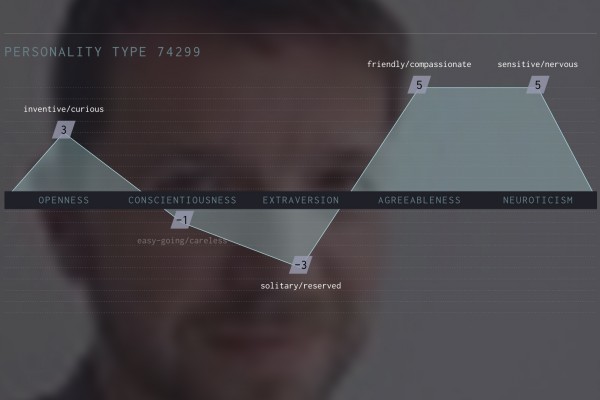
Enlarge 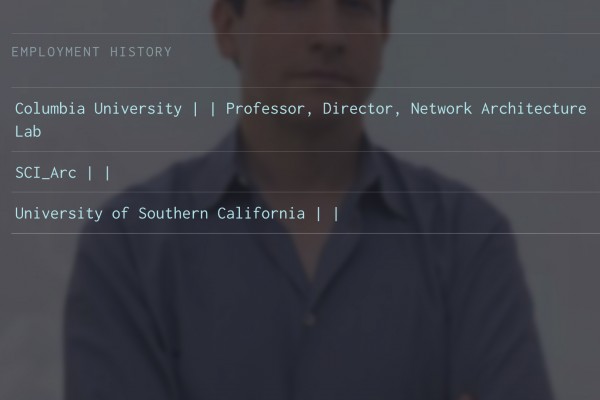
Enlarge 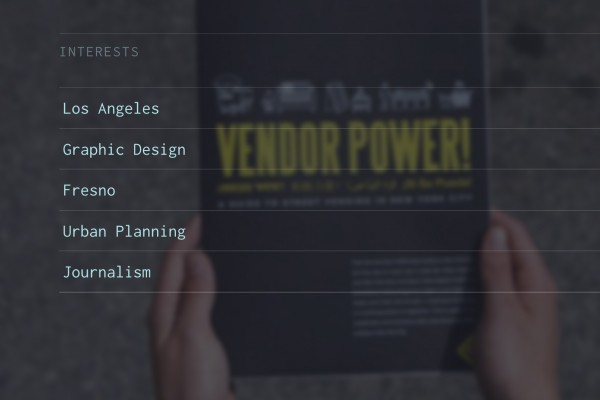
Enlarge 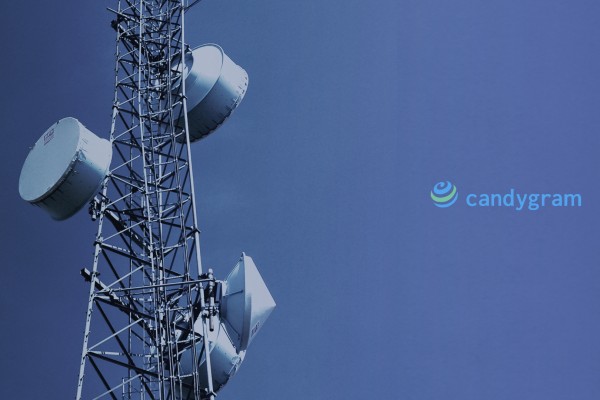
Enlarge 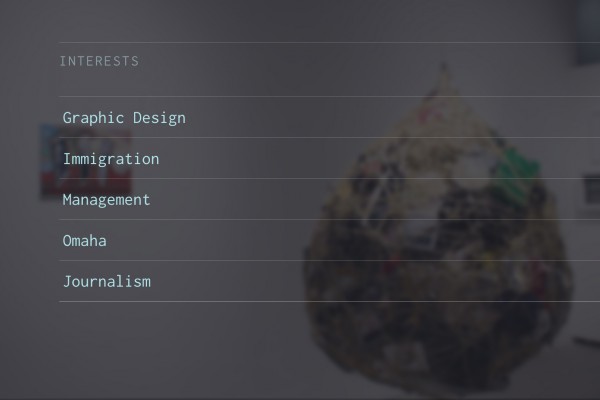
Enlarge 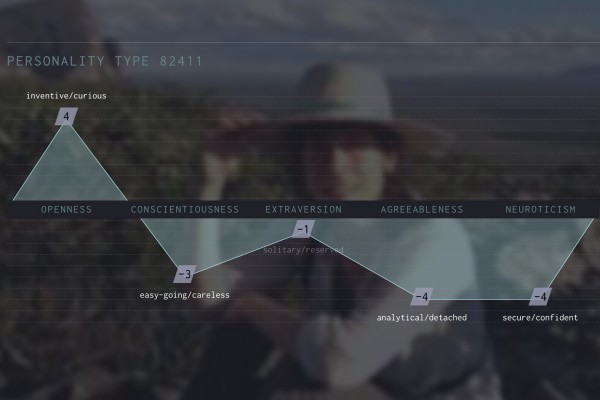
Enlarge
Crédits
False Positive is commissioned by iMAL in the framework of Connecting Cities.
With the support of the Culture Programme 2007-2013 of the European Union, Fédération Wallone-Bruxelles and the Technē Institute for the Arts and Emerging Technologies (University at Buffalo).
False Positive is presented in Brussels by iMAL, in the framework of In/Visible City 2015 and Nuit Blanche 2015.

Thanks
MicroMarché, LARbitsLAB
False Positive
3 Octobre, 19:00 - 2:00
À côté de MicroMarché (9, Quai à la Houille)
Workshop
4 Octobre, 12:00 - 20:00
iMAL (30 Quai des Charbonnages, Bruxelles)
Gratuit! Incription obligatoire!
activity
Une archive : 1999-2010-2019
Cette page est une archive du site d'iMAL tel qu'il existait entre 2010 et 2019. Il documente activités et projets créés depuis 1999.
Pour notre actualité et nos activités plus récentes, veuillez vous rendre sur notre nouveau site https://imal.org

